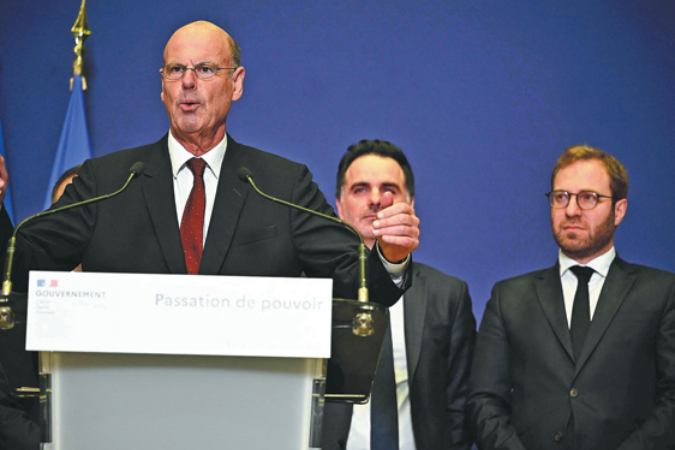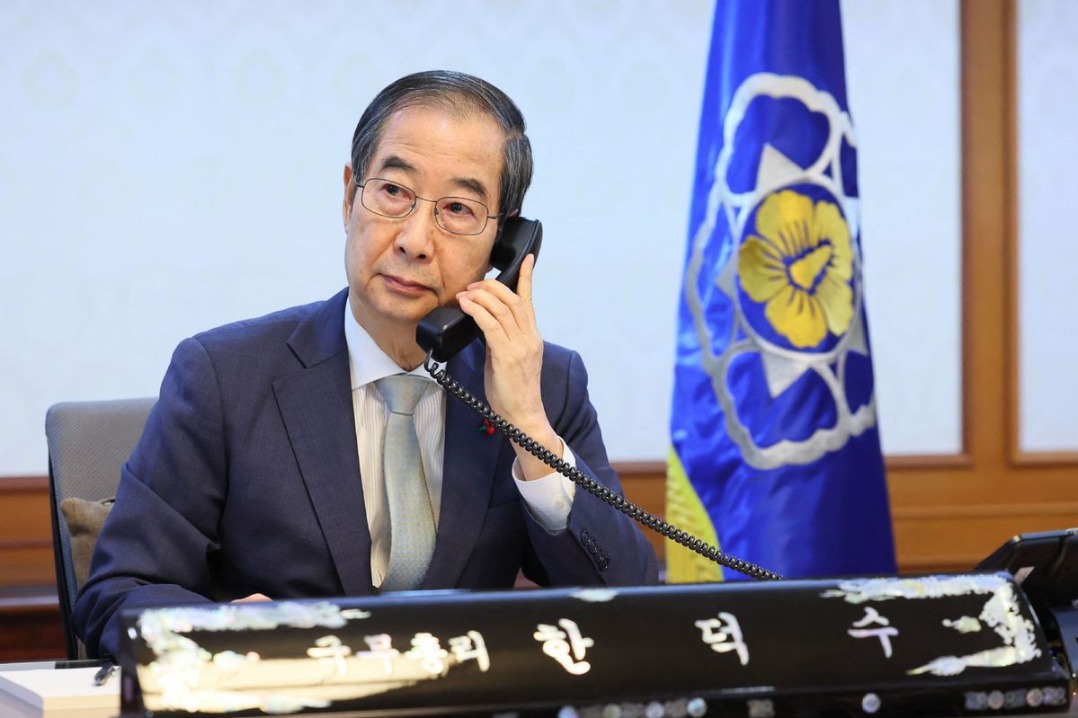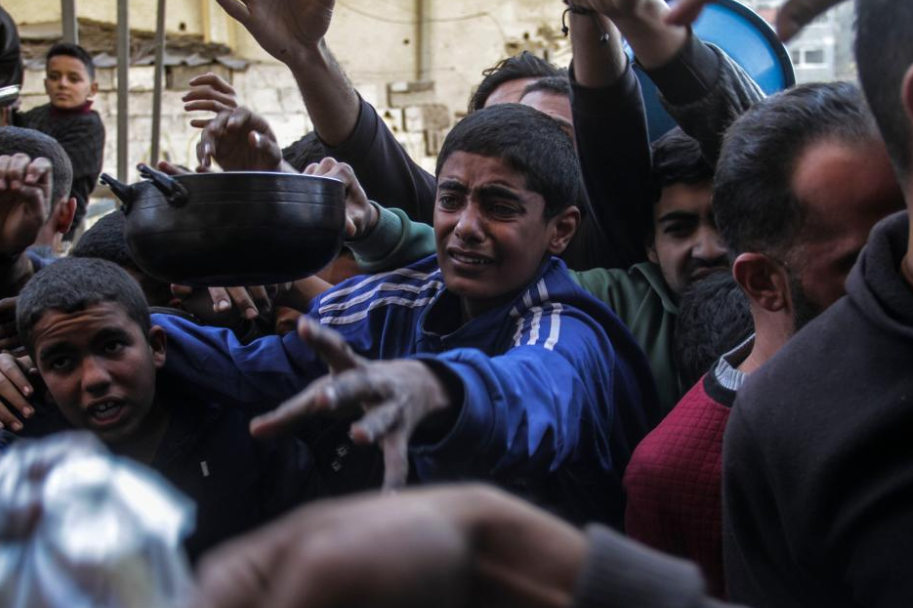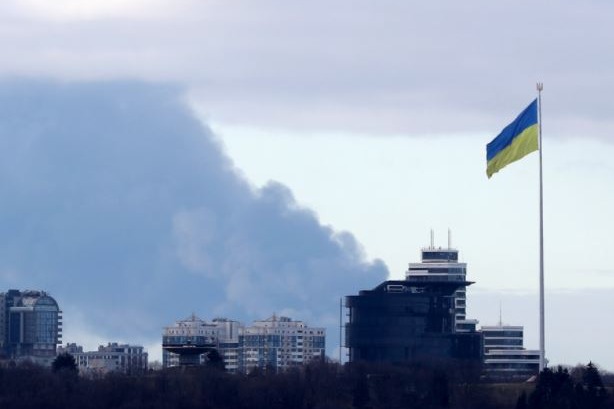French PM Bayrou unveils new cabinet
Country's 4th govt this year faces major challenges


France's new prime minister, Francois Bayrou, 73, unveiled his cabinet on Monday, but with little indication that the country's fourth government in 2024 would outlive its predecessor led by Michel Barnier.
The new cabinet of 35 members includes many well-known figures. Elisabeth Borne, the French prime minister until Jan 9 this year, will be in charge of education, while Manuel Valls, who served as prime minister under president Francois Hollande, will be in charge of overseas territories.
The new government, which includes 18 women, comprises many outgoing conservative-dominated team members and new members with centrist or left-leaning backgrounds.
Right-wing politician Bruno Retailleau will remain as interior minister while Sebastien Lecornu, who served as defense minister in the previous three governments, will also retain his job. Former bank executive Eric Lombard has become the new economy and finance minister.
Compromise to far right
Gerald Darmanin, a former interior minister, has become justice minister, a move seen as Bayrou's compromise to the far-right National Rally party of Marine Le Pen.
"I refuse to partake in a French government formed with Marine Le Pen's approval", which would have been "walking back on my values", influential French conservative politician Xavier Bertrand said in a news release after the National Rally voiced opposition to his possible appointment as justice minister.
Many other ministers from the Barnier government, including Foreign Minister Jean-Noel Barrot, European Affairs Minister Benjamin Haddad, Culture Minister Rachida Dati and Agriculture Minister Annie Genevard, also retained their jobs.
The announcement came 10 days after Bayrou assumed office on Dec 13, following the collapse of the Barnier government when he lost a no-confidence vote triggered by a fight over the country's budget.
It is unknown if the new government will satisfy either the far-right party or the pan-left alliance New Popular Front. The two forces combined now make up the majority in parliament, known officially as the National Assembly. The snap elections in June and July called by President Emmanuel Macron resulted in a hung parliament with no single party having the majority.
Olivier Faure, leader of the Socialist Party and a deputy to the National Assembly, described in an online post the new government as "a provocation" with "the hard right in power under the watchful eye of the extreme right".
Jean-Luc Melenchon, the leader of the left alliance, predicted on Dec 20 that the Bayrou government will not survive the winter if he does not seek a vote of confidence on Jan 14 at the National Assembly.
Bayrou is scheduled to deliver his inaugural policy speech on Jan 14 at the National Assembly.
While the National Rally has not yet threatened to topple the Bayrou government, its young party president Jordan Bardella said in an online post that "Francois Bayrou has put together a failed coalition".
The 2025 budget will be the most urgent and toughest challenge. France's deficit is expected to exceed 6 percent of its GDP this year, twice the 3 percent ceiling set by the European Union.
The Barnier government passed a stopgap budget, which effectively carries over the 2024 budget to 2025 to prevent a US-style government shutdown in January.
Bayrou has promised to hold a vote on a new budget by mid-February. To avoid a fate like his predecessor, he will have to find a way to cut the country's deficit while avoiding revolt from the two major opposition parties, especially the National Rally.































